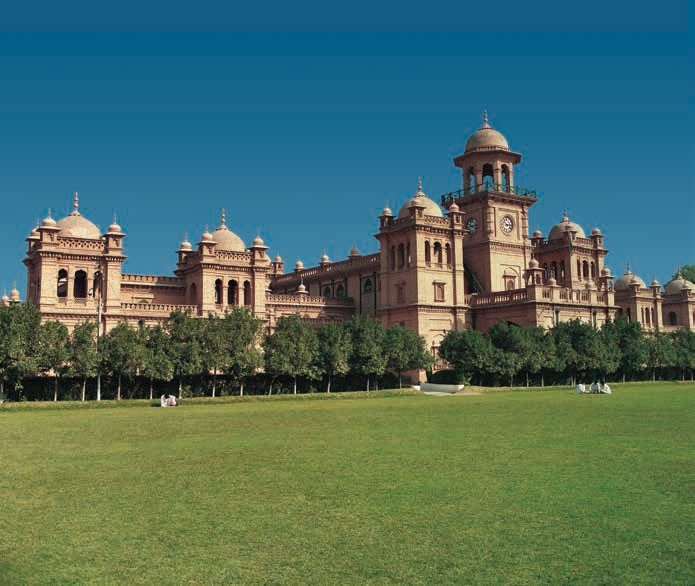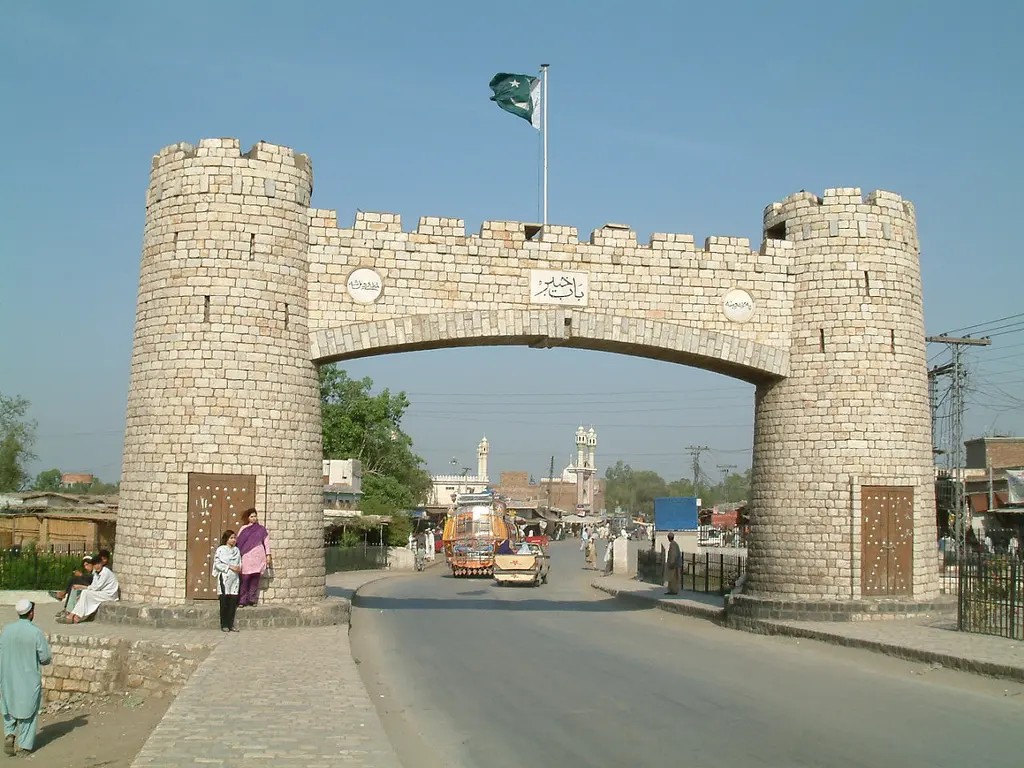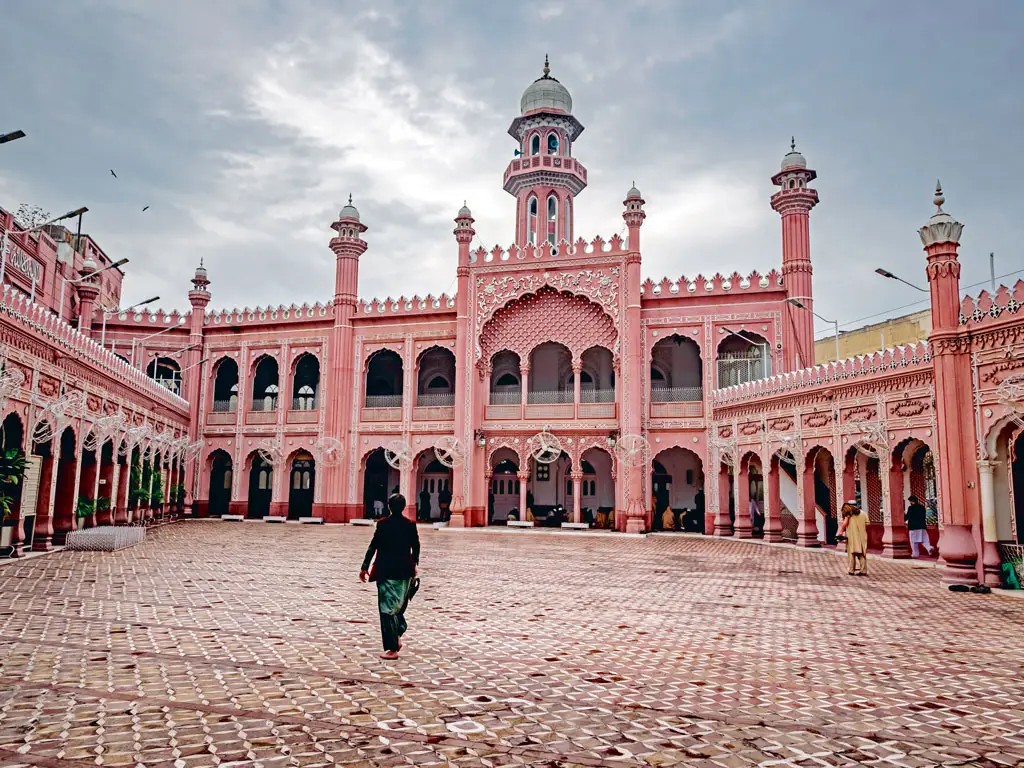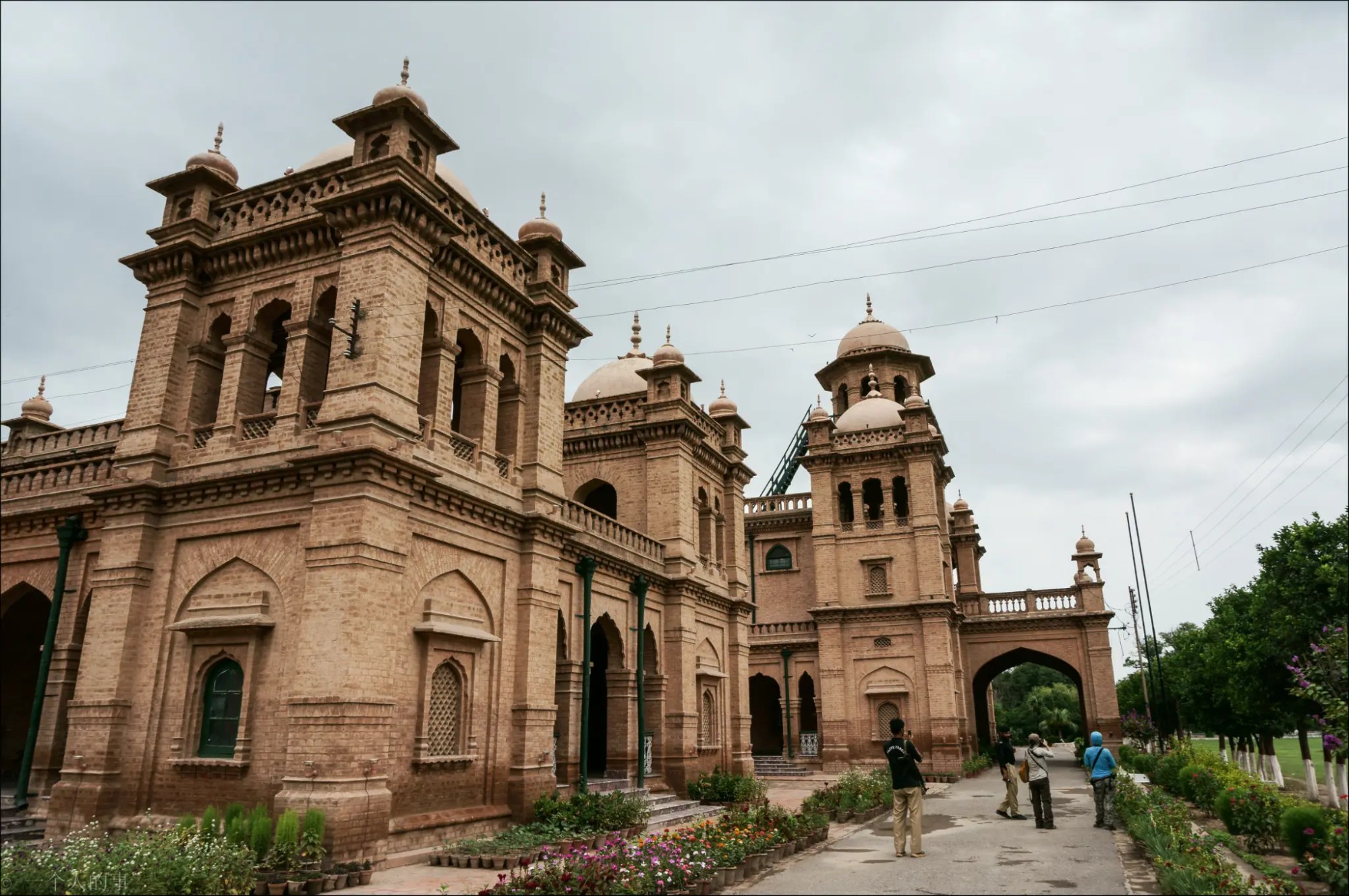Peshawar, Pakistan
Peshawar City is the capital and largest city of Khyber Pushtunkhwa Province of Pakistan (formerly known as NorthWest Frontier Province) and the sixth largest city in Pakistan. It has an area of 1,257 square kilometers and a population of 1.97 million. With a recorded history dating back to 539 BC, Peshawar is the oldest city in Pakistan and one of the oldest in South Asia. It was once the capital of King Galieseja of the Kushan Empire, which advocated Buddhism, and was once one of the centers of Buddhist culture. From the 4th to 6th centuries, Faxian, a eminent monk from the Jin Dynasty, Song Yun, an emissary from the Northern Wei Dynasty, and Xuanzang, a eminent monk from the Tang Dynasty of China, visited this place. Xuanzang called it the land of abundance with "luxuriant flowers and fruits" in his book “Records of the Western Regions of the Tang Dynasty”.
The city of Peshawar is located in the open Peshawar River Valley, near the eastern end of the historic Khyber Pass, bordering Afghanistan. Historically, Peshawar's economic importance has been inseparable from its geographical advantage at the entrance to the Khyber Pass. In the past, most trade between Central Asia and the Indian subcontinent passed through the ancient route of the Khyber Pass. Modern Peshawar still serves as a trade route between Central and South Asia.
The university town of Peshawar is home to a concentration of local academic institutions. The University of Peshawar, Peshawar Agricultural University and Peshawar University of Engineering and Technology are all located in it. In recent years, many private universities have also opened in Peshawar.






